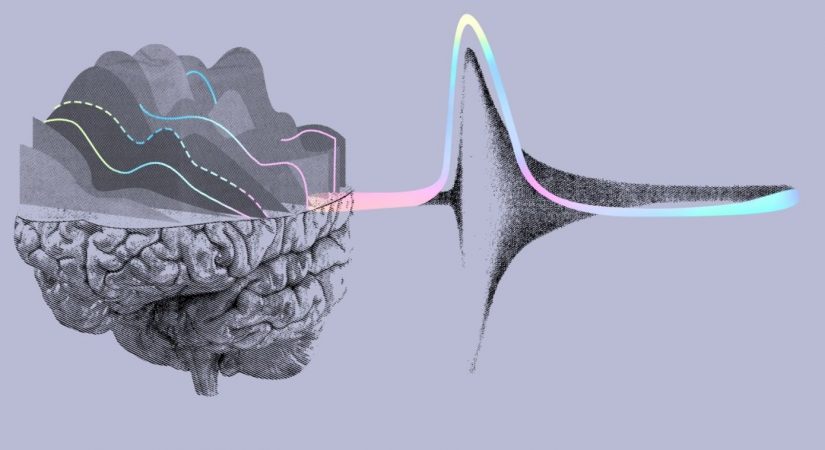Neuralink’s proposal to provide a brain-computer interface significantly superior to the current options has faced a setback from the FDA. The regulatory body rejected the company’s application to commence human testing last year, which was a predictable obstacle but has apparently frustrated Elon Musk, the project’s main supporter.
According to reliable sources, the application was turned down in 2022 with several concerns raised. The neural lace forming the implant could migrate through the brain’s soft tissue, the device might overheat, and the implanted battery could fail. Besides, if the implant failed or got rejected or infected, the removal process could damage the brain. These concerns are reasonable, and it’s usual for medical devices to be rejected for potential safety issues that the makers either overlooked or hoped to slip past the regulator.
Although nothing in the sources suggests that anyone at Neuralink is mourning or panicking, some report that Musk is annoyed by the sluggish pace of progress. However, the FDA is right to be cautious as Neuralink is proposing an entirely new electronic system within the body and a new robotic implantation method. Additionally, the company has been cited for animal cruelty in its testing, which is unavoidably cruel but has ethical guidelines.
Some leadership personnel have left the company for various reasons, and one co-founder is establishing a new brain implant firm, Precision Neuroscience, which has recently raised $41 million. It’s hard to gauge progress and setbacks at Neuralink, given the company’s intense secrecy and only occasional, highly orchestrated events that offer updates. Although a functioning implant in a seemingly happy monkey on video is encouraging, it’s not proof that the technology is ready for human testing. And when the company’s only response to queries is “soon, very soon” for several years, despite being rejected by regulators, people begin to doubt.
Many companies in this field have been working for years, including their FDA approval for human testing and use, without making promises on behalf of Neuralink. This technology, in all its forms, is a potential breakthrough for people with debilitating conditions. But putting foreign material into the brain, let alone a considerable amount of it, is fundamentally dangerous. A company that intends to pursue such noble applications as restoring sight and mobility must first demonstrate that the implants are safe at a fundamental level, and that’s what the FDA is asking for.
